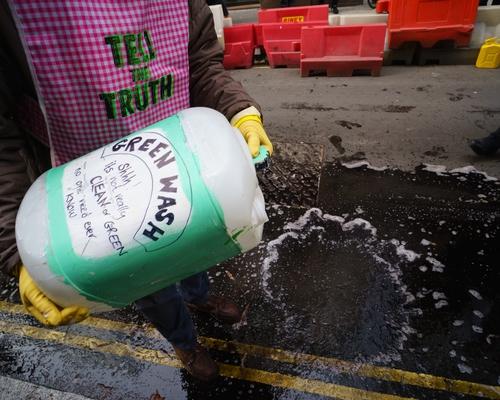Chair: Steph Hill, University of Leicester
Coordinator: Noemi Nemes, University of Vienna
PR is playing an increasingly central role in the discussion about global climate change. Big global firms, assisted by large conservation NGOs, have all set up practices focusing on sustainability and corporate responsibility. Company executives — and their advertising, marketing, and PR partners — are prone to make broad, sweeping statements about their environmental commitment or the green attributes of their products or services.
We see an increasing amount of green claims not just from the corporate sector, but governments too, centered especially around solutions to the climate and biodiversity crisis. Different PR techniques have emerged to divert attention away from real actions to these crises, e.g. establishing artificial grassroots organizations, hiding behind certifications, securing endorsement from large conservation NGOs, greenwashing, etc.
Net zero commitments and a rush to use natural climate solutions as offsets pose a serious danger of diverting attention from much needed radical emissions cuts and real solutions. This year’s COP negotiations at the CBD and UNFCCC will to a great extent determine the course of events for the decades that come. The ultimate question is whether all this increasing PR heat around climate neutrality will drive or hinder the heating of the planet.
This working group will bring together scholars from different disciplines, methodologies, and geographical locations to grapple with questions of greenwashing and the role of PR in driving climate change. We will analyze the role and strategies of PR, corporates, NGOs, governments and other institutions in amplifying patterns of delaying real actions to the climate crisis.
We will also draw up an actionable assessment framework that can be used to screen out different actors’ misleading statements, pledges, seals and claims. For this purpose, a framework has been already drafted which has integrated the different varieties of greenwashing found in the greenwashing literature. The first task of the working group could thus further develop and finalize the framework in order to have it published before the COPs.
Some initial topics for this working group to explore:
- Which PR strategies and tactics are used by corporations and NGOs in their efforts to influence policy and public opinion on climate change? – What does greenwashing mean and which varieties of greenwashing exist?
- How to draw a line between those committing to real climate actions and those misleading the public with net zero commitments?
- How to assess if an actor is engaged in greenwashing? Is it possible to come up with an actionable framework that scores different actors’ greenwashing efforts?
- How do PR firms use greenwashing as part of a larger PR campaign? How do NGOs play a part in assisting corporate greenwashing efforts?
Photo by Vincenzo Lullo / Shutterstock.com



